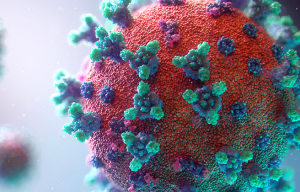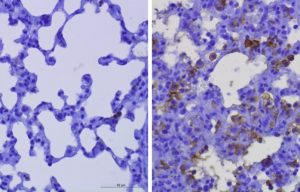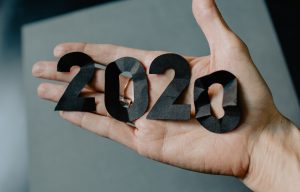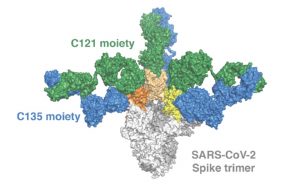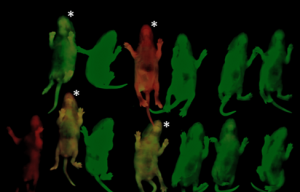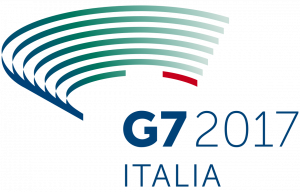Publication
A link between autoimmune disorders and tooth enamel defects revealed
In a groundbreaking study published in Nature, an international team of researchers has discovered a crucial link between autoimmune disorders and defects in tooth enamel development. This study sheds light on the poorly understood conditions of Amelogenesis Imperfecta in patients with Autoimmune Polyglandular Syndrome Type-1 (APS-1) and Celiac Disease. Ameloblasts, the cells responsible for tooth… Read more
Advances in modelling COVID-19 in animals
In a recently published review article, experts from the Czech Centre for Phenogenomics summarised all generated SARS-CoV2-related animal models to date, evaluated their suitability for COVID-19 research, and addressed the current and future state of the importance of animal models in this field. Nickl P, Raishbrook MJ, Syding LA and Sedlacek R (2022) Advances in… Read more
Monoclonal antibodies targeting two immunodominant epitopes on the Spike protein neutralize emerging SARS-CoV-2 variants of concern
The emergence of new SARS-CoV-2 variants that harbor mutations in the viral S protein raised concern about activity of current vaccines and therapeutic antibodies. CCP participated in the research study aiming to find new tools for COVID-19 therapy based on the novel monoclonal antibodies. The results were recently published in EBioMedicine belonging to the Lancet… Read more
Sharing & archiving of genetically altered mice: opportunities for reduction and refinement
International experts on breeding, managing and archiving colonies gathered in the expert working group of the UK National Centre for the Replacement & Refinement & Reduction of Animals in Research has updated the document “Sharing & archiving of genetically altered mice: opportunities for reduction and refinement”. The updated document reflects how current best practices in… Read more
Bispecific IgG neutralizes SARS-CoV-2 variants and prevents escape in mice
Neutralizing antibodies targeting the receptor binding domain (RBD) of the SARS-CoV-2 Spike (S) are among the most promising approaches against coronavirus disease 2019 (COVID-19)1,2. We developed a bispecific, IgG1-like molecule (CoV-X2) based on two antibodies derived from COVID-19 convalescent donors, C121 and C1353. CoV-X2 simultaneously binds two independent sites on the RBD and, unlike its… Read more
IMPC 2020 annual highlights
Do not miss the best of IMPC work, including research publications, data updates, global collaborations in 2020, and IMPC plans for the future. https://review.mousephenotype.org/ Read more
Bispecific antibody prevents SARS-CoV-2 escape and protects mice from disease
Researchers from the Czech Centre for Phenogenomics contributed to the paper “Bispecific antibody prevents SARS-CoV-2 escape and protects mice from disease“ Raoul De Gasparo, Mattia Pedotti, Luca Simonelli, Petr Nickl, Frauke Muecksch, Julio C. C. Lorenzi, Federica Mazzola, Davide Magrì, Tereza Michalcikova, Jan Haviernik, Vaclav Honig, Irene Cassaniti, Elena Percivalle, Blanka Mrazkova, Natalie Polakova, Andrea… Read more
Cost-effective generation of mice based on Cre/loxP-system by zygote electroporation of Cre protein
Transgenic Unit of the Czech Centre for Phenogenomics has grown in recent years to offer expanded gene and genome engineering services to researchers by applying the latest cutting-edge technologies such as TALENs, CRISPR/Cas9(Cas12a)-based tools, Easi-CRISPR and others. The introduction of specific mutations by electroporation of zygotes is preferentially used over conventional pronuclear injections and other… Read more
IMPC is a research infrastructures of global relevance
The International Mouse Phenotyping Consortium Global Research Infrastructures (IMPC GRI) addresses one of the grand challenges for biology and biomedical science in the 21st century – to determine the function of all the genes in the human genome and their role in disease. A recent report by the Group of Senior Officials on Global Research… Read more
First issue of our newsletter
We proudly announce that the first issue of our informational newsletter is available for download in PDF format. Read more

